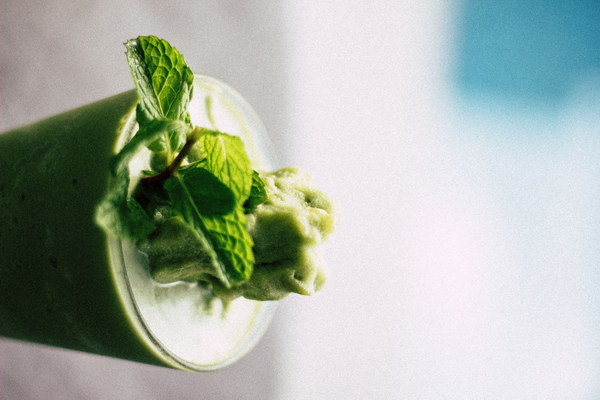The Myth of Boosting Qi and Blood Debunking the Hype and Understanding the Truth
In recent years, the concept of boosting qi and blood has become increasingly popular in the wellness community. This ancient Chinese philosophy suggests that by improving the flow of qi (vital energy) and blood through the body, one can achieve optimal health and vitality. However, the question remains: Is there any truth to these claims, or is it merely another wellness myth?
The Myth of Boosting Qi and Blood
The idea of boosting qi and blood is rooted in traditional Chinese medicine (TCM), which has been practiced for thousands of years. According to TCM, an imbalance of qi and blood can lead to various health issues, such as fatigue, weakness, and even chronic diseases. Therefore, the belief is that by restoring the balance, one can promote overall well-being.
Proponents of this myth often cite a variety of natural remedies and practices, such as herbal supplements, acupuncture, tai chi, and dietary changes, as effective ways to boost qi and blood. These remedies are often marketed with claims of miraculous healing properties, leaving many people eager to try them.

The Truth Behind the Hype
While there is no denying the profound impact that TCM has had on the health of millions of people over the centuries, it is essential to distinguish between traditional beliefs and scientific evidence. The reality is that many of the claims made about boosting qi and blood lack substantial scientific backing.
Here are a few key points to consider:
1. Lack of Scientific Evidence: Despite the popularity of qi and blood-boosting remedies, there is a lack of robust scientific evidence to support their effectiveness. Most studies on these remedies have been small-scale or conducted under less-than-ideal conditions, making it difficult to draw definitive conclusions.
2. Conflicting Opinions: Many experts in the field of TCM disagree on the interpretation of qi and blood. Some argue that these concepts are too abstract and cannot be measured or quantified, making it nearly impossible to study them scientifically.
3. Potential Risks: Some qi and blood-boosting remedies can have adverse effects. For example, certain herbal supplements may interact with prescription medications or cause allergic reactions in some individuals.
4. Alternative Explanations: Many of the symptoms associated with qi and blood imbalance can be explained by more common medical conditions. For instance, fatigue and weakness may be due to lack of sleep, poor nutrition, or stress, rather than an imbalance of qi and blood.
The Importance of a Balanced Approach
While the concept of boosting qi and blood may not hold up under scientific scrutiny, it is crucial to recognize the importance of holistic health and wellness. A balanced approach to health involves addressing various aspects of one's life, including diet, exercise, mental well-being, and stress management.
Here are some practical tips to promote overall health and vitality:
- Maintain a balanced diet rich in fruits, vegetables, whole grains, and lean proteins.
- Engage in regular physical activity, such as walking, jogging, or yoga.
- Practice stress-reducing techniques, such as meditation, deep breathing exercises, or mindfulness.
- Ensure adequate sleep and rest.
- Seek medical advice for any persistent symptoms or health concerns.
In conclusion, the myth of boosting qi and blood is just that—a myth. While traditional Chinese medicine offers valuable insights into health and wellness, it is essential to approach the topic with a discerning eye and seek evidence-based solutions. By focusing on a balanced, holistic approach to health, individuals can achieve true vitality and well-being.









